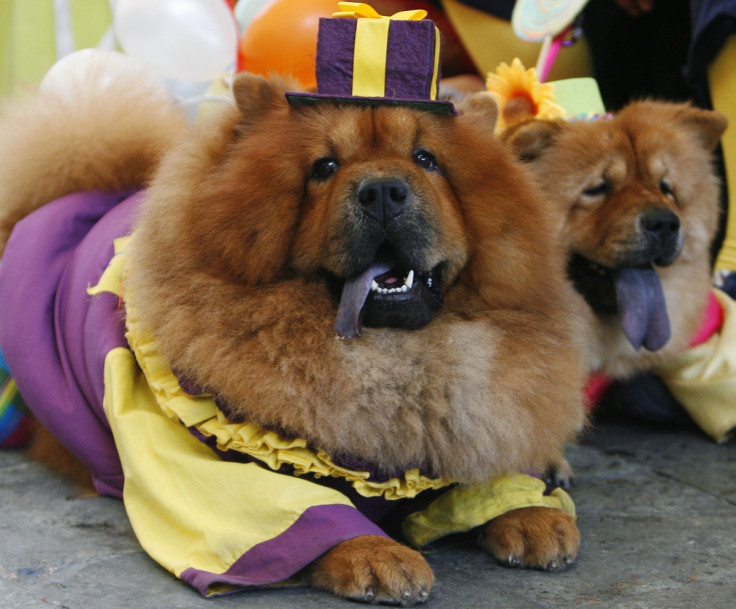Not chubby, just husky: Fat dogs likely to be owned by fat people

They say that dogs inevitably end up looking like their owners, and it appears that research by the University of Copenhagen has proven this to be true.
Giving a lecture in Melbourne, the university's Dr Peter Sande said that overweight humans who owned dogs were more likely to indulge their pets with unhealthy treats, and were also less likely to take their dogs for walks – which meant that they did not burn off that extra fat.
Furthermore, he said, the owners were more likely to underestimate the weight of the pooches, and would not recognise that the pup might have a problem.
"Overfeeding in companion animals is related to a form of attachment where the animal is seen as an equal, and deserves all the treats and indulgences an owner gives themselves," Dr Sande said.
Dr Leonie Richards, from the University of Melbourne, said: "A dog shouldn't look like a coffee table. You should be able to see a waistline, see the ribs and feel the backbone, and that applies to all breeds."
A study by the People's Dispensary for Sick Animals (PDSA) in 2012 found that overweight pets were at risk of serious health conditions such as diabetes, heart disease and arthritis, and had a lower life expectancy than healthy pets.
Researchers found that more than 35% of dogs in the UK were overweight or obese. They also found three million cats were overweight.
PDSA senior veterinary surgeon Sean Wensley said: "Excess pounds can contribute to a number of serious health conditions and, sadly, it does reduce life expectancy. But the good news is that it's never too late to make positive changes to a pet's diet and lifestyle."
© Copyright IBTimes 2025. All rights reserved.






















